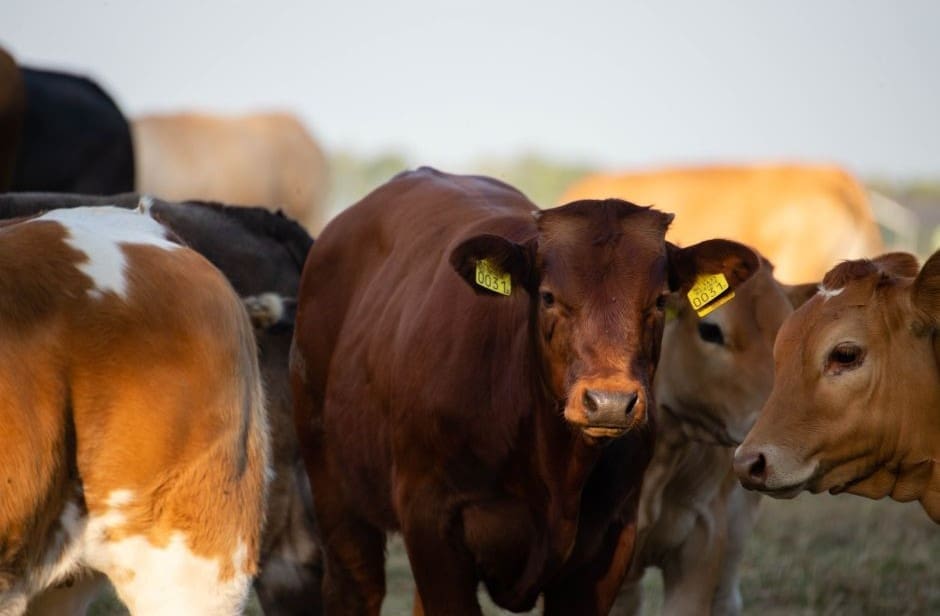Many people take supplements like vitamins, minerals, probiotics, and botanicals to maintain or improve their health. Similarly, cattle diets often include feed additives for the same purpose, according to experts at Kansas State University’s Beef Cattle Institute. In a recent Cattle Chat podcast, they explained that adding ionophores, antibiotics that target bacteria and protozoa in the rumen, can improve a cow’s feed efficiency.
“Ionophores change the rumen microbial population, so the animal has a more efficient fermentation of carbohydrates, and that helps improve the feed efficiency of those animals,” K-State beef cattle nutritionist Phillip Lancaster said.
Beef producers commonly add ionophores to feeder calf rations, but they can also benefit cows fed grain mixes during the winter to maintain or improve body condition. When cows receive a grain and protein mix, ionophores can improve feed efficiency, helping maximize the investment in grain.
However, for cows in good condition that don’t require grain supplementation, the cost of ionophores may not be justified. Producers choosing to use ionophores should be cautious about proper dosages, as overconsumption can lead to health issues, according to K-State veterinarian Brian Lubbers.
“There are toxicity issues with ionophores and if cattle get too much it can kill them, so make sure if you are adding them to the grain mix on the farm or have that batch prepared at the feed mill that the right amount of ionophores are included,” Lubbers said. “Because if you get off a decimal place when calculating the amount, it can have drastic consequences.”
Lubbers also warned beef cattle producers who keep horses about the risks of ionophores. He explained that horses are highly sensitive to the toxic effects of ionophores, and even doses safe for cattle can be lethal to horses. Although deaths from ionophore toxicity are rare, when they do occur, they can have a significant impact on the operation.
You can hear the full Cattle Chat podcast here.













